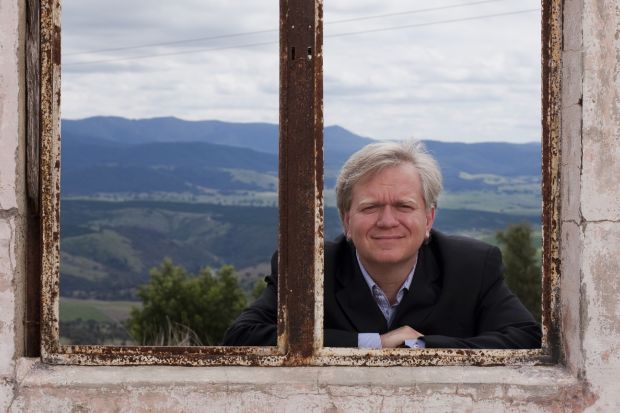The Australian National University has vowed to go “carbon negative” as Australia reels from a summer of “flame, fear, hailstones and health warnings”.
Vice-chancellor Brian Schmidt said the “universal concern” about climate change had triggered the need for “significant” action. “The world is looking to us and other leading universities for solutions,” he said in his annual State of the University address on 7 February.
He said he had commissioned ANU’s Climate Change Institute to corral staff and students “to chart how ANU can not only become carbon neutral, but carbon negative, as fast as possible”. Exactly what this meant will “evolve over time”, but “we don’t have to wait until 2050 or beyond to act”.
While many universities around the world have committed to carbon neutrality, few have taken the extra step of promising to erase some of the world’s net emissions.
Last year, Finland’s Lappeenranta-Lahti University of Technology pledged to make its two campuses carbon negative by 2024, relying on in-house research expertise to achieve the “ambitious” goal.
A negative carbon footprint may not be the only potential upside to the ANU’s horror summer, Professor Schmidt suggested. “Our community is never stronger nor kinder than when we’re dealing with incidents like those that have given 2020 such a dramatic and terrible start,” he said.
He said that while the full consequences of the coronavirus outbreak were yet to emerge, the crisis should be addressed with the resilience and care “that has brought us through the challenges nature has thrown at us over the past six weeks”.
ANU’s future hinged on trust, Professor Schmidt insisted, and it must be earned rather than assumed. The university had decided to speak with “brutal transparency” about last year’s cyber-attack, resolving to “level with our community” about the scale of the breach and the impacts on individuals.
Professor Schmidt said ANU would be the “brains trust” for policymakers, and that it would cultivate trust by doing “everything we can to resemble the country we seek to serve”.
“We haven’t yet done enough to look like Australia,” he said. “We have a long way to go before we can truly say the nation’s microcosm is its national university.”
He highlighted enrolments from Indigenous people, who made up just 1 per cent of ANU’s domestic students despite constituting 3.3 per cent of the national population. “There is so much talent, potential and imagination that we are missing out on,” he said.
Professor Schmidt used the address to unveil a new scholarship programme for Indigenous students, bankrolled by A$25 million (£13 million) from the university. The aim is to attract matching contributions towards a A$50 million endowment which will fund the scholarships in perpetuity.
ANU says at least 30 scholarships will be awarded each year, worth up to A$30,000 annually. The scheme also includes mentoring, leadership training and tailored academic and pastoral support designed by the university’s Indigenous higher education centre.
Register to continue
Why register?
- Registration is free and only takes a moment
- Once registered, you can read 3 articles a month
- Sign up for our newsletter
Subscribe
Or subscribe for unlimited access to:
- Unlimited access to news, views, insights & reviews
- Digital editions
- Digital access to THE’s university and college rankings analysis
Already registered or a current subscriber? Login










